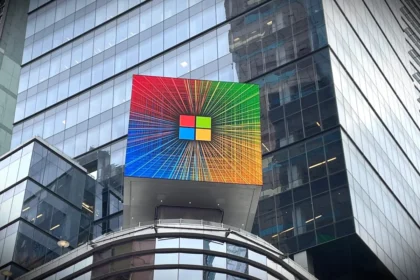Meta’s $14.3 billion investment in Scale AI is already facing turbulence, with key executives departing and Meta’s flagship AI lab relying on rival vendors for data.
Ruben Mayer, formerly Scale AI’s senior VP of GenAI product and operations, left Meta just two months after joining its Superintelligence Labs (MSL), sources told TechCrunch. While insiders said Mayer oversaw data operations but wasn’t part of Meta’s core TBD Labs unit, Mayer disputed that account, claiming he helped set up the lab from day one and left for personal reasons.
Meanwhile, Meta is sourcing training data from multiple vendors, including Surge and Mercor, despite its massive backing of Scale AI. Several researchers reportedly view Scale’s data as lower quality compared to its competitors, raising questions about Meta’s reliance on the startup.
Scale AI, originally built on low-cost crowd labor for data labeling, has struggled to adapt to the demand for domain experts such as doctors and lawyers. Competitors that prioritized highly paid specialists from the outset, like Surge and Mercor, have gained ground.
Meta disputes claims about Scale’s data quality, but the company’s multibillion-dollar partnership looks less exclusive than initially believed. Compounding the pressure, OpenAI and Google cut ties with Scale AI earlier this year, prompting the company to lay off 200 employees while pivoting toward government contracts.
Related:Meta Tightens AI Chatbot Rules to Protect Teens After Safety Backlash
Some employees at Meta’s AI unit suggest the investment was as much about recruiting Scale’s CEO Alexandr Wang as it was about the startup itself. Wang has helped attract talent from OpenAI, Google DeepMind, and Anthropic, but MSL has been plagued by departures and frustration with Meta’s bureaucracy. Recent exits include MSL researcher Rishabh Agarwal and senior members of Meta’s generative AI team.
The instability comes as Meta races to catch up with OpenAI and Google after the underwhelming launch of Llama 4 in April. CEO Mark Zuckerberg has pushed aggressive recruiting, acquired AI startups, and launched a $50 billion data center project named Hyperion to power the company’s ambitions.
MSL is already working on its next-generation model, aiming for release by year’s end. But with key staff leaving and doubts about its core data partner, questions remain over whether Meta can stabilize its AI operations and justify its biggest AI investment to date.





